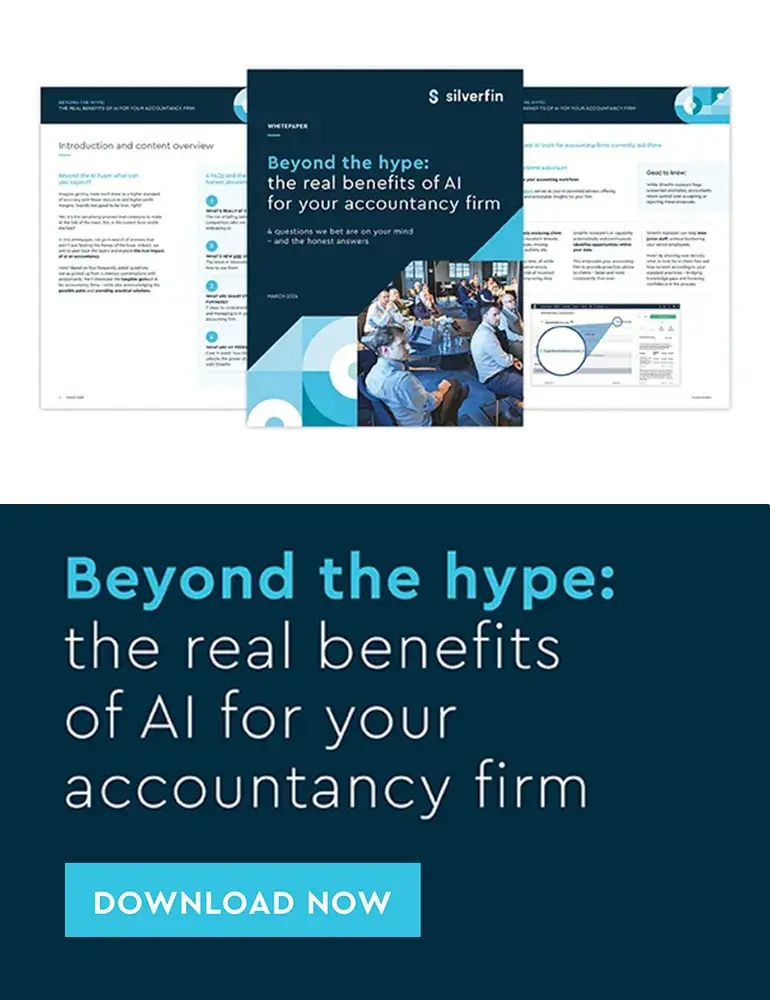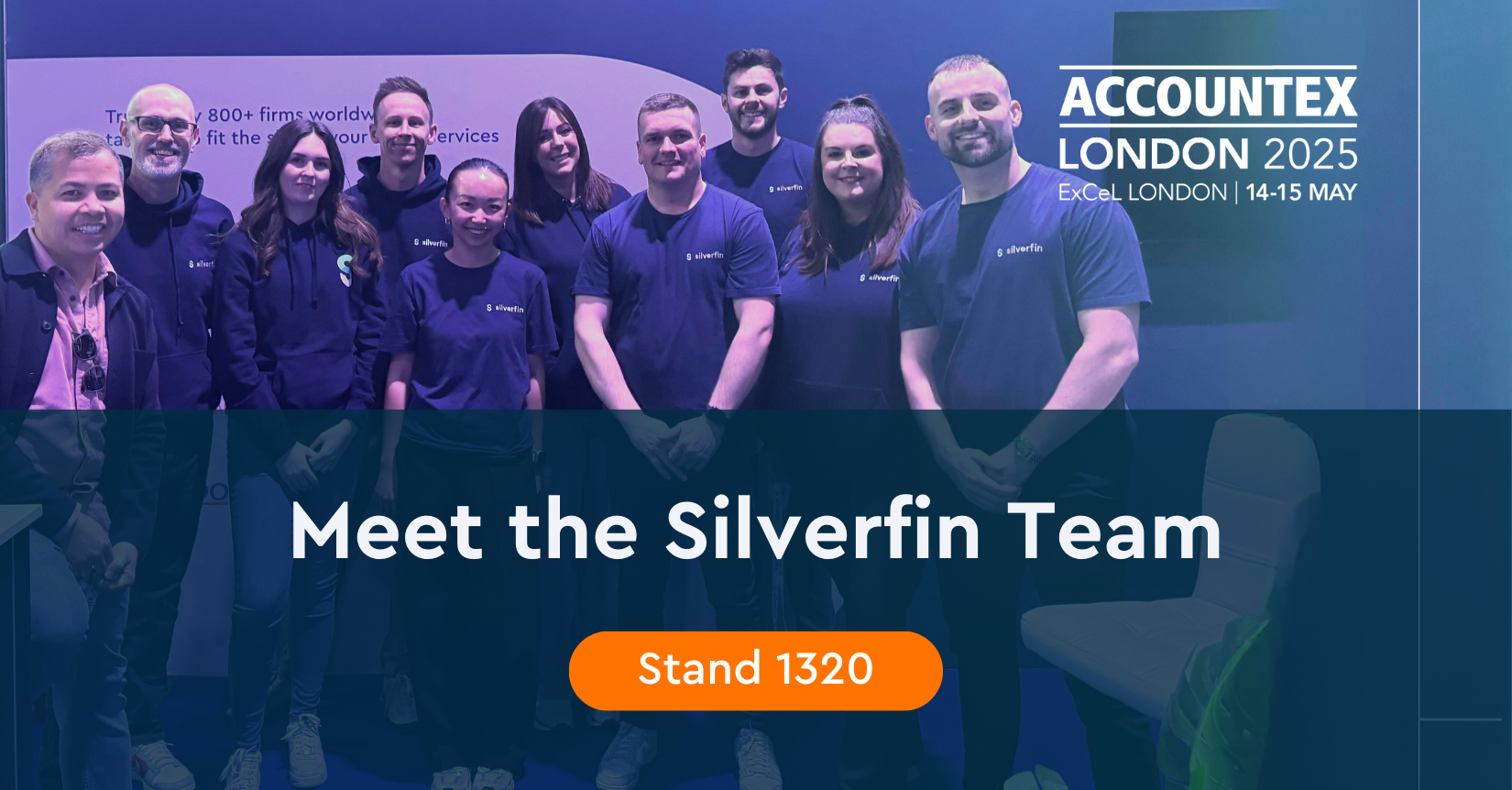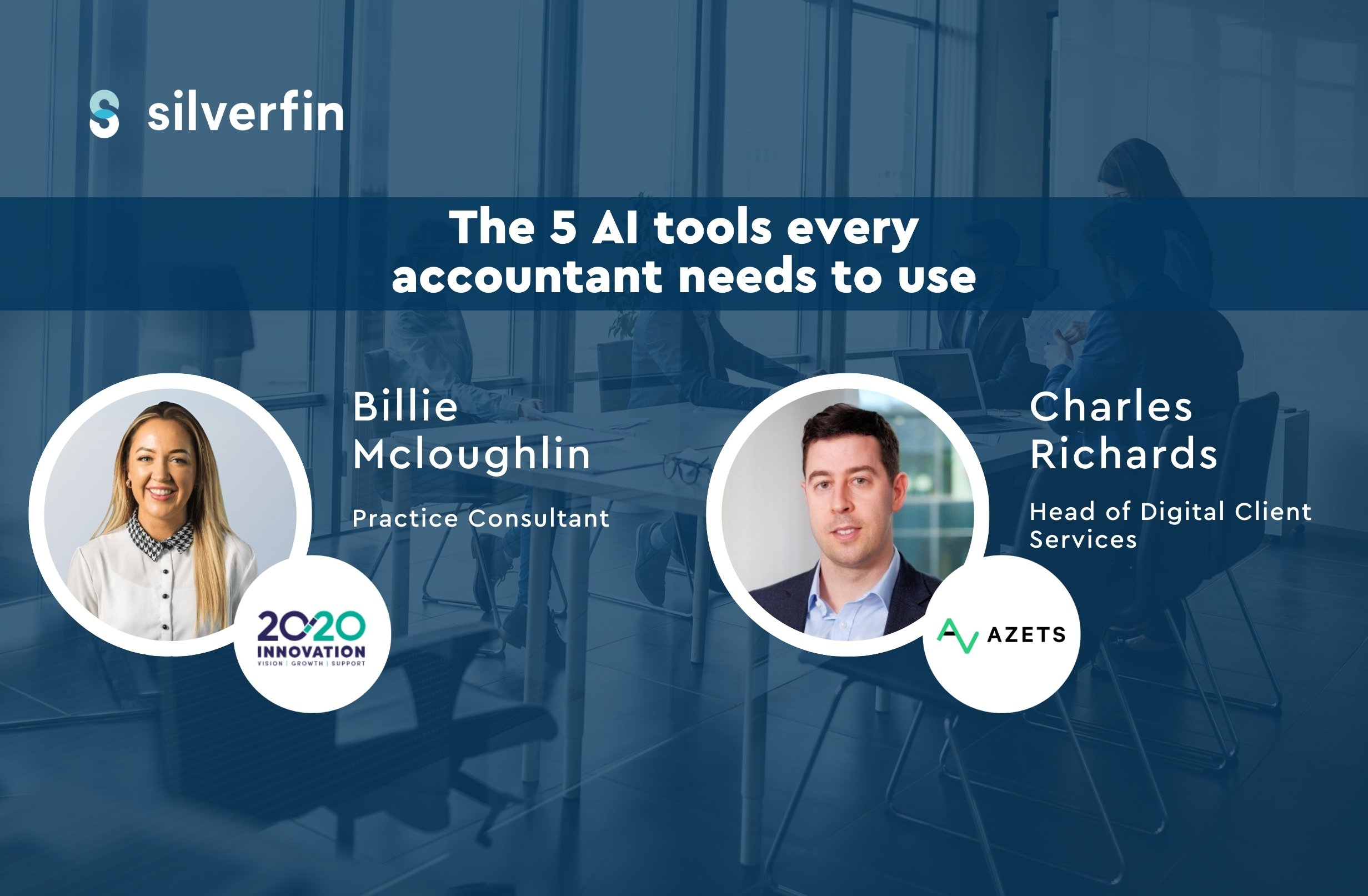For years, Excel has been the go-to tool for accountants. Its flexibility and ease of use made it a staple in many firms, building an impressive global user base estimated to be between 1.1 billion and 1.5 billion people.
However, as the accounting technology landscape becomes more complex and client expectations shift, Excel’s limitations are becoming more clear.
Industry studies show that 90% of spreadsheets containing more than 150 rows have at least one major mistake. This is a serious concern for accuracy and efficiency in accounting. To overcome these challenges, forward-thinking accounting firms are seeking innovative technology solutions.
Enter AI-powered accounting software.
These modern tools are designed to handle the demands of today’s accounting firms, offering features from automation to advanced analytics.
So the burning question is: Is AI-powered accounting software better than Excel?
Let’s consider the differences and discuss Excel’s traditional approach versus the innovative capabilities of AI-powered accounting software.
The Evolution of Accounting Tools
The simplicity and flexibility of Excel have made it an indispensable tool. Accountants use it for budgeting, forecasting, and managing financial data. Complex calculations, detailed reports, and data visualisation through charts and graphs are also all possible with Excel.
However, Excel’s limitations have become clearer as businesses have grown and financial data has become more complex.
Mistakes are commonplace. Collaboration, too, is increasingly a challenge, while large volumes of data have started to overwhelm the software.
The Advent of AI-Powered Accounting Software
AI-powered accounting software has revolutionised the field of accounting technology. These tools offer a wide range of powerful applications that enhance accuracy, efficiency, and decision-making.
With AI, repetitive tasks are automated, freeing accountants to focus on more valuable activities like advisory.
For example, AI-powered accounting software like Silverfin offers real-time data synchronisation, advanced analytics, and seamless collaboration between accountants and clients. These features directly address the challenges posed by traditional tools like Excel.
Why AI is Gaining Ground
A recent survey shows that 66% of accounting professionals agree that AI can offer their firms a competitive advantage.
AI-enhanced tools like Silverfin automate core accounting work, identify anomalies, and generate insights with enhanced data security that Excel can’t.
The ability to handle large datasets efficiently is another major advantage. Excel struggles with scalability, leading to performance issues as data volume increases. In comparison, AI-enhanced accounting software handles extensive data effortlessly, maintaining optimal performance and enabling firms to scale with ease.
RELATED: How Accounting Intelligence Can Give Your Firm a Competitive Advantage
Excel vs. AI-Powered Accounting Software: A Comparison of Features
Excel might be a trusty old friend in the accounting world, but it’s starting to show its age. It’s time to see how AI-enhanced accounting software, like Silverfin, measures up.
Excel: Traditional Strengths
Excel is known for its versatility and user-friendly interface. Accountants can perform a wide range of tasks with it, from basic data entry to complex financial modelling. Key features include:
- Data Input and Organisation: Excel allows for straightforward data entry and organisation. Accountants can easily create spreadsheets to track expenses, income, and other financial metrics.
- Formulas and Calculations: Excel supports a variety of formulas and functions that simplify calculations. Users can automate repetitive calculations, reducing manual work.
- Data Visualisation: With charts, graphs, and tables, Excel makes it easy to visualise data. This helps users identify trends and make more informed decisions.
- Customisation: Users can customise spreadsheets to fit their specific needs, creating templates for recurring tasks like budgeting and forecasting.
AI-powered Accounting Software: Advanced Capabilities
AI-enhanced accounting software, such as Silverfin, brings a host of advanced features that surpass Excel’s capabilities.
Key features include:
- Real-Time Data Synchronisation: Cloud-based Silverfin ensures that all data is live and up-to-date, reducing the risk of errors and discrepancies.
- Advanced Analytics: AI-powered analytics provide deep insights into financial data, helping accountants identify trends, detect anomalies, and make better, more informed decisions.
- Automation of Repetitive Tasks: Routine tasks like reconciliation and report generation are automated, freeing up time for accountants to focus on more strategic and human-focused activities.
- Seamless Collaboration: Multiple users can work on the same document simultaneously without conflicts. Integrated communication tools like messaging, to-dos, and audit trails enhance teamwork and client interactions.
- Compliance and Security: Silverfin offers robust security features, including encryption and access controls, ensuring that sensitive financial data is protected. The platform is also compliant with industry standards like GDPR and ISO 27001.
Direct Comparison
To illustrate the differences, here’s a direct comparison of key features and capabilities:
| Feature | Excel | AI-Enhanced Accounting Software (Silverfin) |
| Real-Time Collaboration | No | Yes |
| Version Control | No | Yes |
| Data Validation | Limited | Yes |
| Automation of Tasks | Limited (Macros) | Yes |
| AI-Powered Insights | No | Yes |
| Security and Compliance | Limited | Yes |
| Scalability | Limited | Yes |
| Integration with Other Systems | Limited | Yes |
| Automated Reconciliation | No | Yes |
| Cloud-Based Accessibility | Limited | Yes |
From Basic to Advanced: Solutions for the Modern Accounting Firm
Excel, while efficient in its own right, struggles with collaboration, version control, data integrity, and automation—limitations that lead to inefficiencies and errors in accounting tasks.
In contrast, AI-powered accounting software like Silverfin offers advanced features that streamline these processes and ensure data accuracy.
Collaboration and Version Control
Excel’s lack of real-time collaboration and proper version control often results in data conflicts and inconsistencies. Multiple users editing the same document can lead to overwritten changes and data loss.
Collaboration in Excel can therefore be cumbersome, with users having to merge changes manually. This process is prone to errors and can slow down workflows significantly.
Silverfin solves these issues with real-time collaboration and automatic version control, ensuring everyone works on the most current version and every change made is tracked.
Integrated tools from Silverfin like messaging, to-dos, and audit trails further enhance teamwork and communication, making it easier to resolve issues quickly.
Data Integrity
Maintaining data integrity in Excel is challenging due to its susceptibility to errors. Simple mistakes can lead to significant inaccuracies in financial reports.
For example, a cut-and-paste error in Excel can propagate through a document, leading to costly mistakes.
Silverfin enhances data integrity through automated checks and validations, reducing the risk of errors and ensuring reliable financial data. The AI-powered tool, Silverfin Assistant, continuously analyses data, identifies anomalies, and provides actionable insights, which helps maintain high data quality.
Automation and Efficiency
Excel supports basic automation through macros, but it’s limited and requires specialised knowledge. Creating and maintaining macros in Excel can also be time-consuming and complex.
Silverfin offers advanced automation capabilities without the need for coding skills. Routine tasks like data entry, reconciliation, and report generation are automated, freeing accountants to focus on higher-value activities.
In an industry where even the slightest error or delay can cause a client to lose faith, Silverfin’s automation features offer a solution by cutting down on the possibility of human error while also saving time.
RELATED: Accounting Machine Learning: 7 Steps to Understanding & Managing AI
Real-World Example: Silverfin in Action
Gascoynes, a well-established UK accounting firm, previously relied on Excel for working papers. This led to different teams using varying formats, causing inefficiencies and collaboration issues.
The introduction of Silverfin transformed their workflow by standardising working papers across the firm. This consistency has significantly boosted Gascoynes’ capacity, even amidst a challenging hiring environment for qualified staff.
“There’s been a major improvement in our working papers and they’re now really consistent across the firm,” says Chris Reeve, Managing Director of Gascoynes. “Everyone knows there’s currently a staffing shortage. Improving our internal procedures and the speed with which we prepare the working papers really helps.”
Russell Frayne, Director of Transformation at Gravita, praises Silverfin for its ability to bring consistency and high-quality output to their operations. Silverfin’s AI-driven features help the firm maintain a standardised approach, significantly lowering the risk of incorrect data and human error.
“It’s a big win to have an AI companion built into Silverfin, our compliance tool, that ticks all these boxes,” says Russell Frayne.
The Verdict: Is AI-Powered Accounting Software Better than Excel?
Excel has been a staple in accounting for years, but its limitations are clear.
AI-enhanced accounting software like Silverfin tackles these issues head-on with real-time collaboration, automatic version control, robust data integrity, and advanced automation.
With 54% of professionals believing that the value of an accounting firm drops if it doesn’t use AI, it’s evident how crucial these tools have become to keeping pace with the competition.
In a nutshell, AI-powered accounting software enhances accuracy, streamlines workflows, and reduces errors.
Upgrading to AI-powered software like Silverfin is not just a smart move; it’s essential for staying competitive.
To find out more about Silverfin and its AI capabilities including Silverfin Assistant, why not book a introductory call today?















